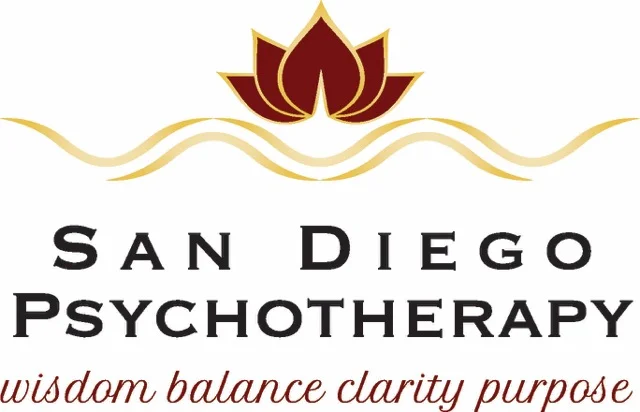by Shoshana Shea and Annabelle Parr
Have you ever been through a breakup and had your friends or family tell you that being single is good because now you can “work on yourself?” We often hear that the time to focus on ourselves and our own growth is when we are single. While being single can offer us an opportunity for self-development, this message suggests that being in a relationship and working on yourself are mutually exclusive. While this may be true occasionally, it is certainly not the rule. Our personal growth does not end just because we enter a relationship. Arguably, some of our most profound growth will occur within our relationships, not removed from them.
Why do people emphasize being single as the time to work on yourself?
Theoretically, it’s easier to work on yourself when you are single; it’s primarily you that you need to focus on. In a relationship, the focus in not only on yourself, but also on your partner and the relationship.
No one can save us from our own personal growing pains.
Additionally, we sometimes end up using the relationship as a substitute for working on ourselves. Motivational speaker, Jungian psychologist, and author, James Hollis, reminds us in his book, Finding Meaning in the Second Half of Life, How to Finally Really Grow Up, that “there is a telling paradox at work here. The more we wish another person to repair our wounds, meet our needs, and protect us from having to grow up, really grow up, the more dissatisfying the relationship will prove over the long haul. It will swamp in stagnation...” (Hollis, 2006).
Our partner may be able to help catalyze our growth, but they cannot do our growing for us.
In the context of a healthy, loving relationship, it is still possible to “work on yourself.” James Hollis (2006) continues, “If, however, we can see that the relationship is a summons to growth, in part by encountering the otherness of our partner, the relationship will support each person risking, stretching, and growing beyond the point where they entered.”
When a relationship ends, how long do you need to “work on yourself” before getting into another relationship?
If you have recently been through a break up, there may be value in taking some time and space before entering into a new relationship. This single period can give you time to reflect on and process why a relationship didn’t work. There is no set amount of time or magic equation, however, that will tell you when to begin dating again. As long as you are committed to self-growth, you can begin dating whenever you feel compelled to do so.
The most important thing is that you get out there and live your life!
People can spend so much time trying to ‘fix’ themselves before entering a relationship that they don’t engage in their life. Cheryl Strayed (2015) reminds us, “You can’t ride to the fair unless you get on the pony.” People can lose sight of two important things: 1. They can continue to work on themselves and work on (or pursue) a relationship at the same time. 2. They were actually whole to begin with and it’s not about “fixing” anything at all; perhaps the last relationship just wasn’t the right fit. Jeff Foster (2014) reminds us, “...Courage is the willingness to fall to your knees, to feel pain, to get yourself dirty, shake yourself off, and forge ahead with a broken-open heart.”
When we are truly committed to our own growth, we will find opportunities to “work on ourselves” whether we are in a relationship or not.
Consider this question on your journey of self-growth posed by James Hollis (2006), “’Am I made larger, or smaller, by this path, this relationship, this decision?’” Relationships are complicated, and they are not always the right fit. When we are single and unattached, we usually have plenty of time and space to “work on ourselves” and there is no doubt that there is much joy to be found in this part of the journey. But if we have found a partner whom we love and cherish, we can be connected to them and remain connected to ourselves and our own growth all at once.
If you find yourself struggling and could use some help navigating your feelings, you could benefit from Cognitive Behavior Therapy, Acceptance and Commitment Therapy, and mindfulness. Dr. Shoshana Shea can help. She can be contacted at 619-269-2377.
References:
Foster, J. [Jeff]. (2014, August 6). Self esteem [Facebook status update]. Retrieved from https://www.facebook.com/LifeWithoutACentre/posts/620343951396550
Hollis, J. (2006). Finding meaning in the second half of life: How to finally, really grow up. New York, NY: Gotham Books.
Strayed, C. (2015). Brave enough. New York, NY: Alfred A. Knopf.




